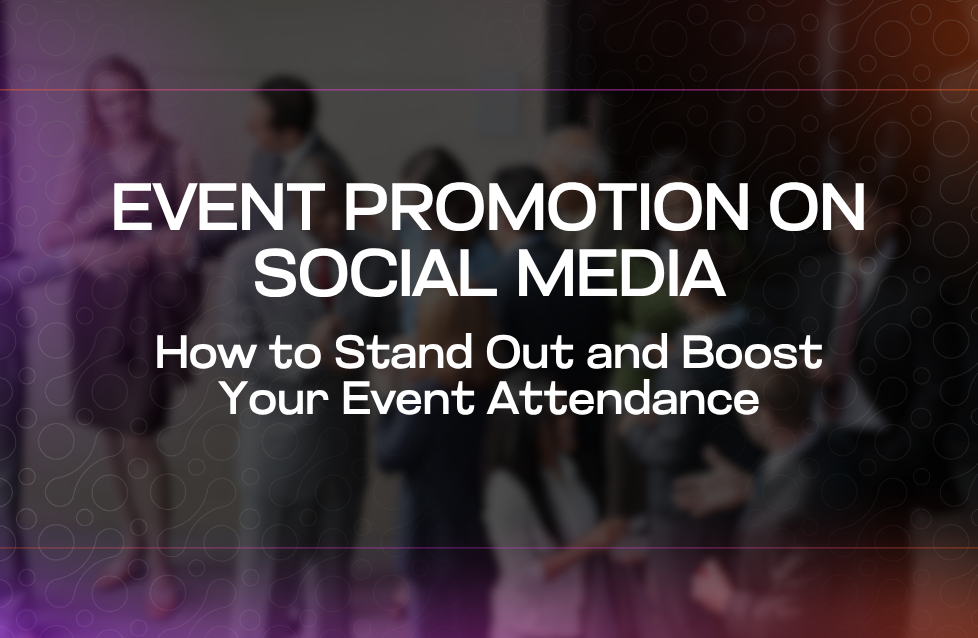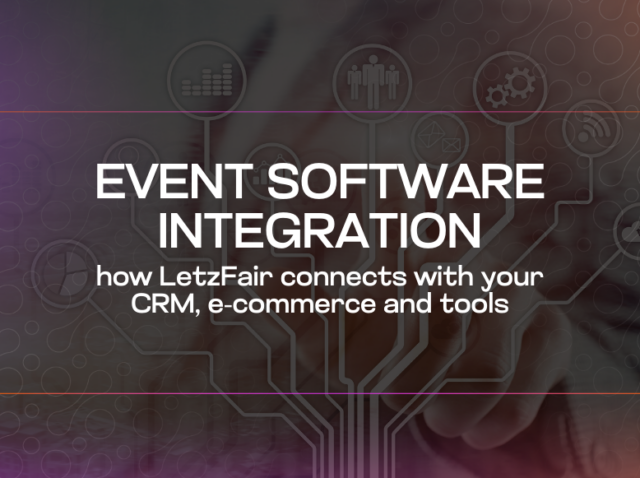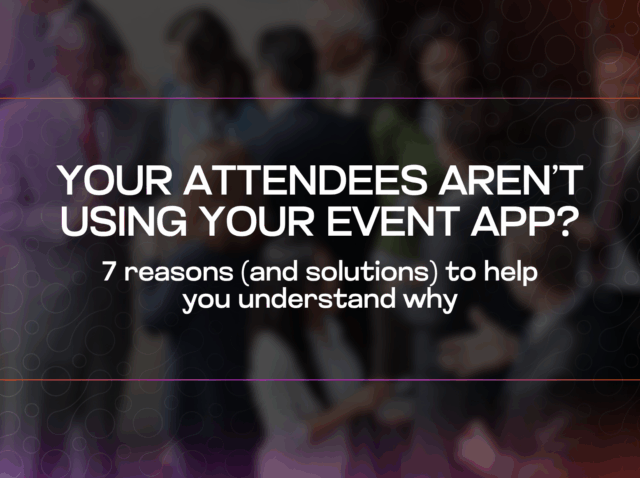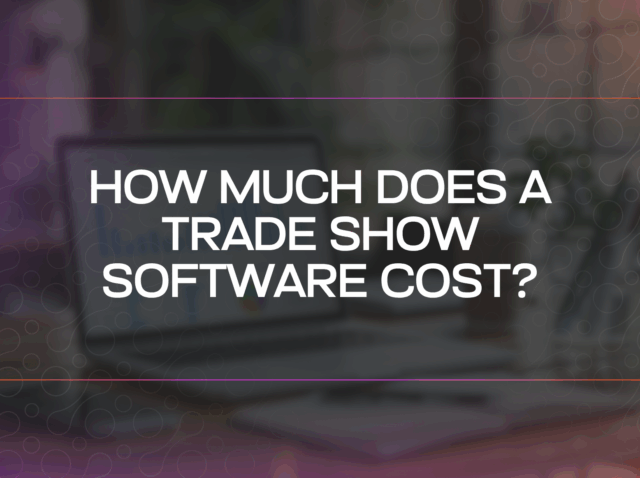Did you know that Italians spend an average of two hours a day on social media?
Yes — social platforms have become, and will continue to be, an essential part of our daily lives.
When it comes to Event Promotion on Social Media, maintaining a constant and platform-specific presence is key — not just when you’re selling tickets. Each social network requires its own tailored approach and communication style.
This topic was also discussed at Italian Events Network 2021 with Giulio Nicoletti and Nicola Nicoletti. During their talk, they highlighted the importance of adapting social media communication based on the characteristics and behaviors of users across different platforms.
So, as an event organizer, how can you stand out on social media and attract more participants to your event?
Every Social Platform Has Its Own Target Audience
The first thing to understand when it comes to Event Promotion on Social Media is that every platform has a different audience — and therefore, different user behaviors.
People on LinkedIn are not the same as those on TikTok, and Facebook users behave differently again.
However, many companies fail to recognize these distinctions and end up sharing the same content across all platforms — a mistake that often leads to poor engagement and disappointing results.
As an event organizer, you must be able to adapt your event communication strategy to each social network, identifying what type of content each audience prefers and how they interact online.
Remember: communicating on LinkedIn is completely different from communicating on TikTok!
How to Create and Develop an Effective Editorial Plan
Once you understand the differences between social platforms, it’s time to develop effective content for each of them — this is the foundation of successful Event Promotion on Social Media.
The first step is to analyze how other players in your industry behave on social media.
- Examine their content qualitatively: what tone of voice they use, what kind of visuals or graphics they post, and what storytelling approach they follow.
- Then, analyze it quantitatively: how often they post, and how much engagement (likes, comments, shares) they receive.
This research will help you gather ideas and understand which content performs best in your specific sector.
Once your analysis is complete, you can start developing your own communication strategy and create tailor-made posts for each social network.
Don’t forget to monitor your post performance regularly — this will help you identify what’s working and what needs to be adjusted to improve engagement and reach.
Conclusion
Creating a dedicated editorial plan for each social platform requires time, effort, and consistency.
However, if your communication is well-targeted and effective, you’ll stand out on social media, and your hard work will pay off when it’s time to sell tickets, attract exhibitors, or secure event sponsors.
Since social media plays such a central role in people’s lives, LetzFair has designed its event platform with social media-inspired functionality and user interface.
This means users can navigate the platform intuitively — just like a social network they already know — improving their overall experience and boosting engagement.
Want to discover more?
???? Request a demo today and see how LetzFair can help you promote your event more effectively on social media.
- About us
- Blog
- Calcolatore prezzo piattaforma
- Community software
- Conference software
- Cookie Policy (EU)
- Corporate event software
- Data Security & Legal
- Education software
- Newsletter
- Privacy Policy
- Software for associations
- Software for non-profits and ONLUS
- Success stories
- Thank you
- Trade show software









